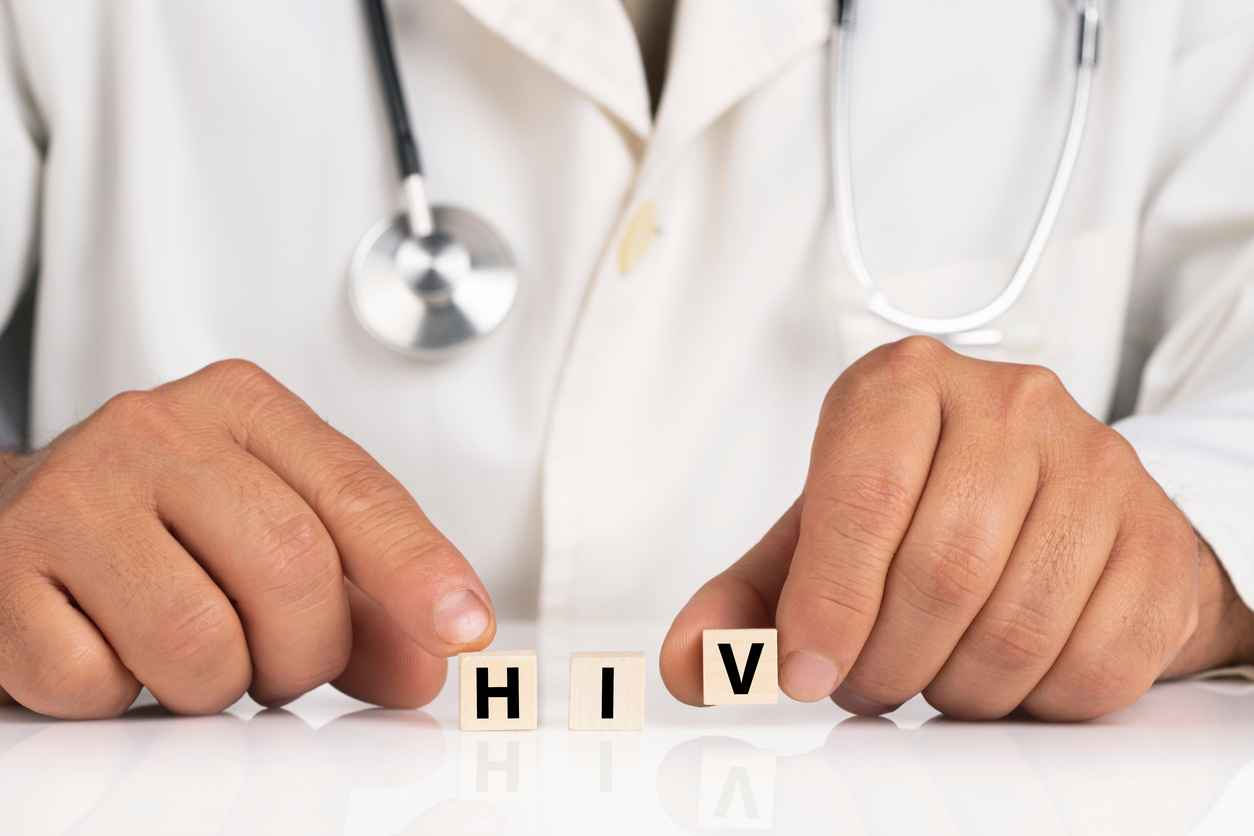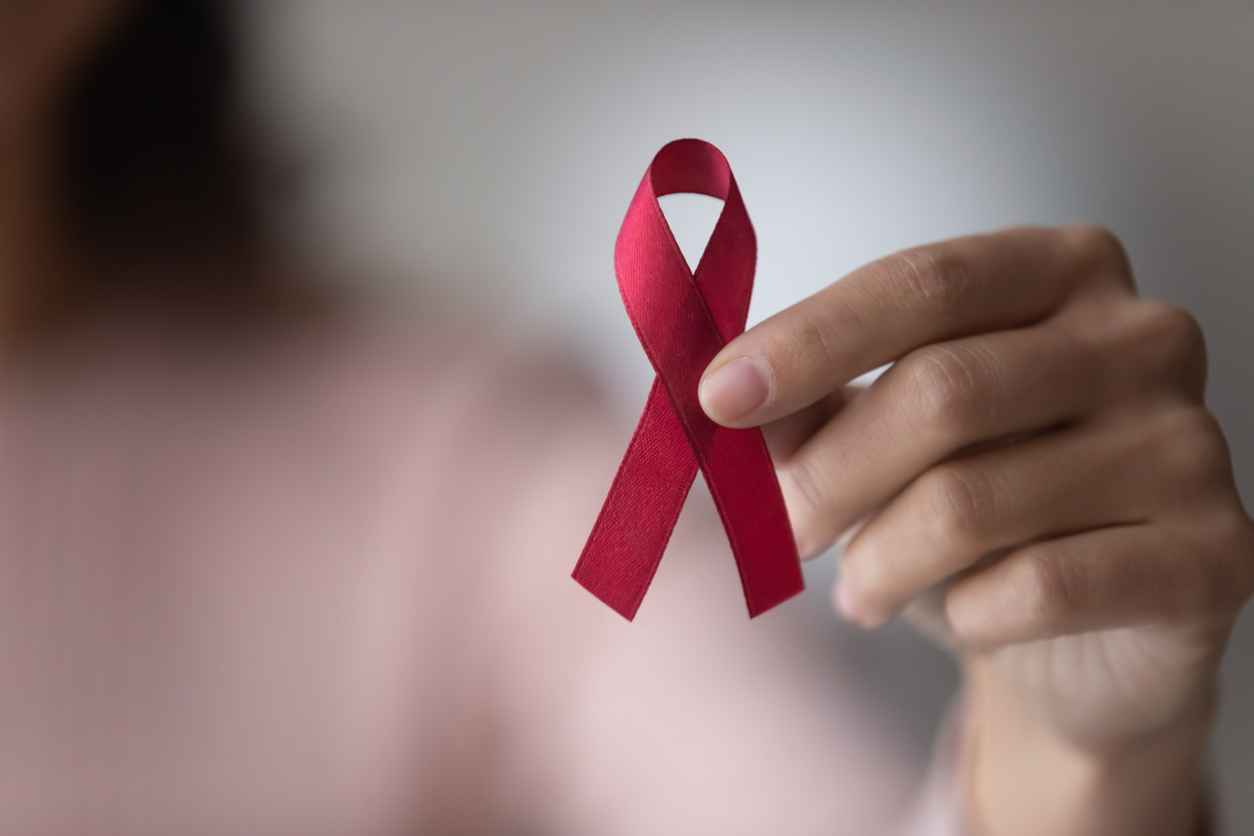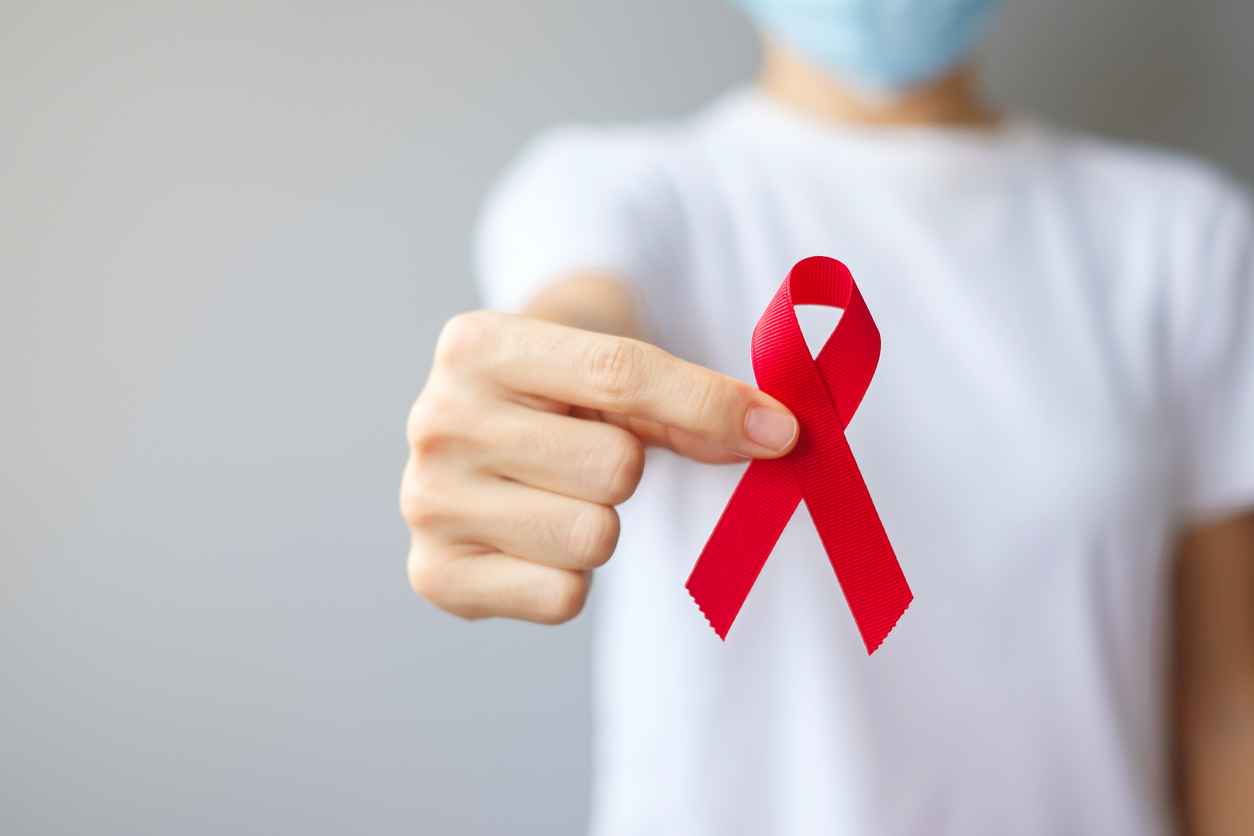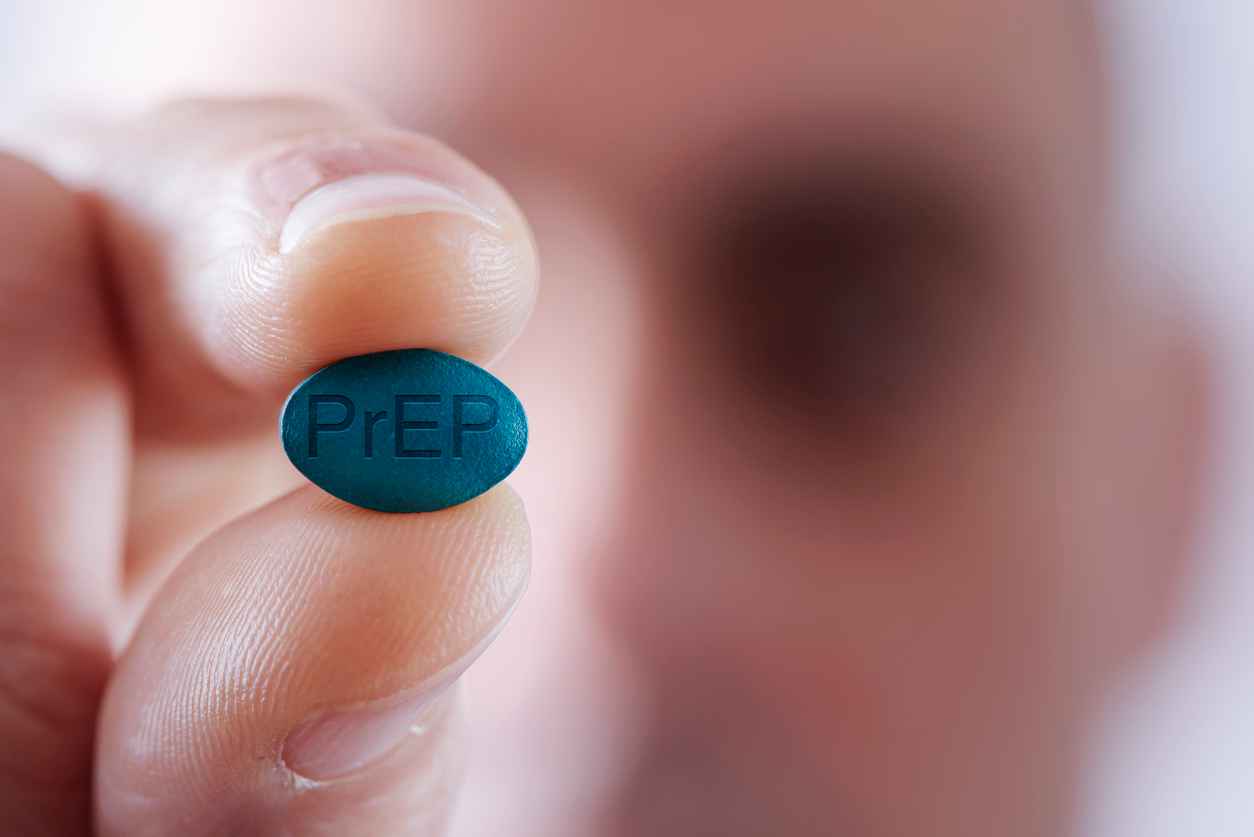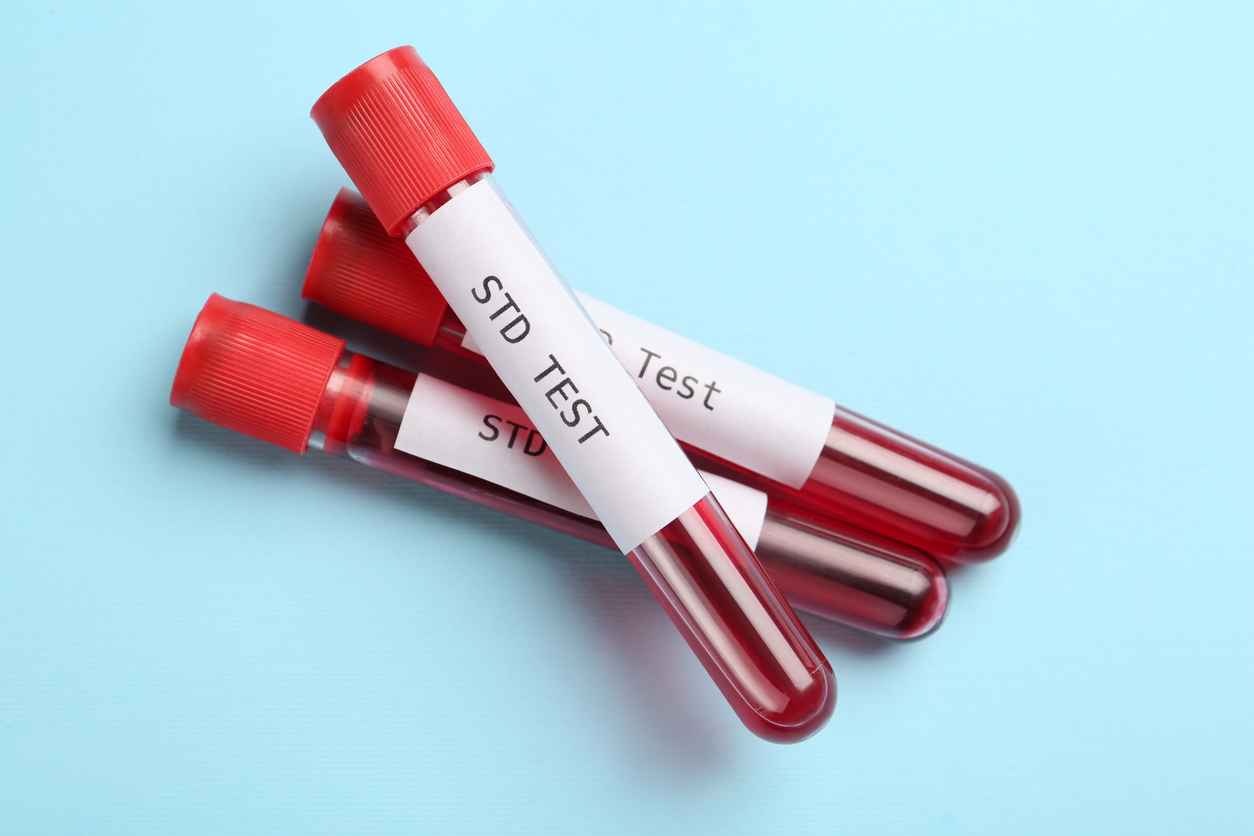Living Well with HIV: Essential Tips for Staying Healthy
Living with HIV can be challenging, but with the right strategies and support, you can lead a healthy and fulfilling life. One of the key goals for individuals living with HIV is to achieve and maintain an undetectable viral load, which means the level of HIV in the blood is so low that it can’t be measured by standard tests. This not only helps keep you healthy but also prevents the transmission of HIV to others.
From our team at Novus, here are some essential tips for managing HIV and staying undetectable:
1. Adhere to Your Treatment Plan
Take Your Medications as Prescribed
Antiretroviral therapy (ART) is the cornerstone of HIV treatment. It’s crucial to take your medications exactly as your healthcare provider prescribes. Missing doses can lead to drug resistance and make the virus more challenging to control.
Regular Medical Appointments
Frequent check-ups with your healthcare provider are essential for monitoring your health and the effectiveness of your treatment. Regular blood tests will help ensure that your viral load remains undetectable and that your CD4 count stays in a healthy range.
2. Maintain a Healthy Lifestyle
Balanced Diet
Eating a nutritious diet helps boost your immune system and maintain overall health. Focus on consuming a variety of fruits, vegetables, whole grains, lean proteins, and healthy fats.
Regular Exercise
Physical activity is beneficial for both physical and mental health. Aim for at least 30 minutes of moderate exercise most days of the week to help strengthen your body and improve your mood.
Avoid Substance Abuse
Limiting or avoiding alcohol, tobacco, and recreational drugs can improve your overall health and help your medications work more effectively.
3. Prioritize Mental Health
Seek Support
Living with HIV can be emotionally taxing. Connecting with a support group or talking to a mental health professional can provide you with the necessary emotional support.
Stress Management
Practicing stress-reducing techniques like meditation, yoga, or deep breathing exercises can help you manage anxiety and depression, which are common among individuals living with HIV.
4. Practice Safe Sex
Use Protection
Consistently using condoms and dental dams properly during sexual activity can prevent the transmission of HIV and other sexually transmitted infections (STIs).
Communicate with Partners
Open and honest communication with your sexual partners about your HIV status and the importance of protection is crucial for maintaining a healthy relationship and preventing transmission.
5. Stay Informed and Engaged
Educate Yourself
Staying informed about the latest advancements in HIV treatment and management can empower you to make better health decisions.
Advocate for Yourself
Advocating for your health means communicating openly with your healthcare providers and seeking the best possible care. Don’t hesitate to ask questions and express concerns.
6. Utilize Support Services
Access Community Resources
Many communities offer resources and services specifically for individuals living with HIV. These can include counseling, financial assistance, and educational programs.
Novus Health Services in Pennsylvania
At Novus, we are committed to providing comprehensive and compassionate care for individuals living with HIV. Our experienced team offers a range of services, including free and confidential testing, treatment, and ongoing support. With five convenient locations across Pennsylvania, we are here to help you stay healthy and undetectable.
Contact us today to learn more about our HIV care services or request an appointment.




